UNHCR Services
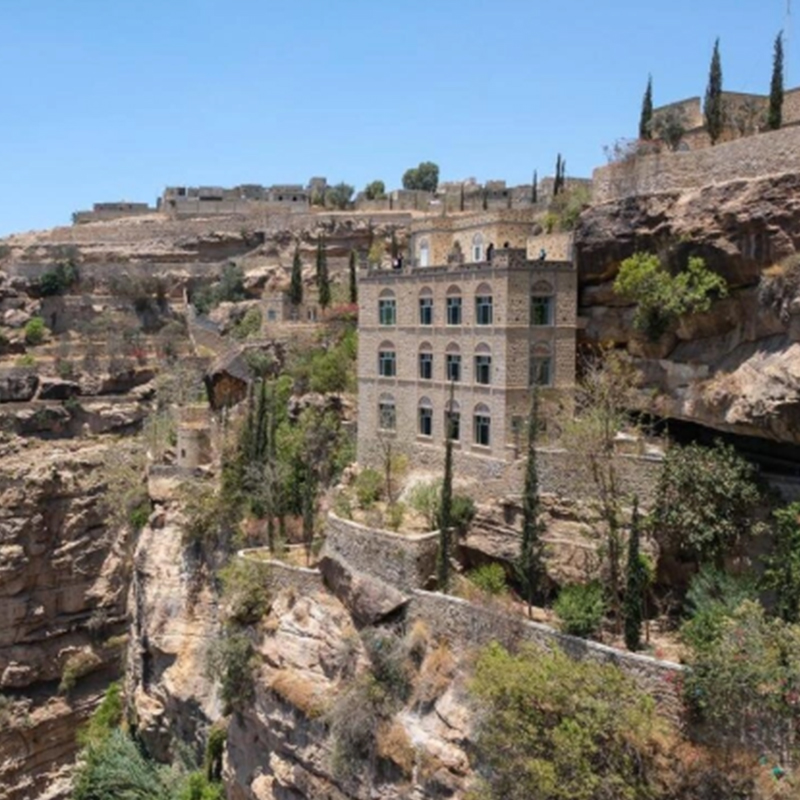
UNHCR's Emergency Response service is designed to swiftly support displaced populations within 72 hours of a crisis. Whether due to war, natural disaster, or political unrest, UNHCR mobilizes shelter, food, clean water, and medical aid. Rapid deployment of field experts ensures protection and life-saving supplies are delivered efficiently. This agile response is made possible by global stockpiles and pre-positioned resources. UNHCR also works closely with partners to assess needs and avoid duplication of services. Our goal is to provide timely relief that preserves dignity and ensures basic safety for refugees and displaced people at their most vulnerable moments.
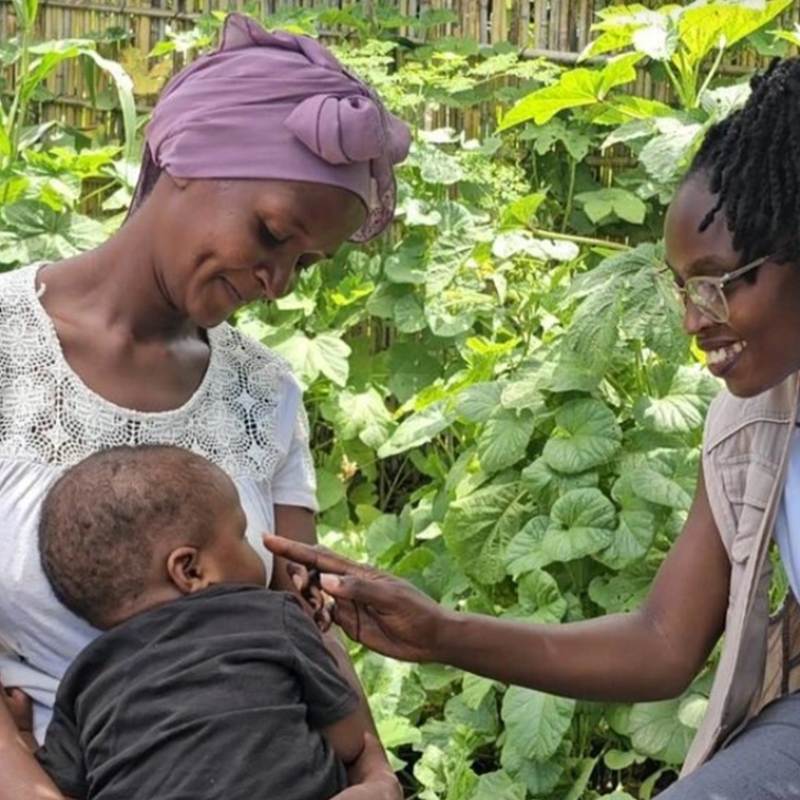
UNHCR’s Emergency Relief focuses on meeting the immediate survival needs of people forced to flee. We deliver essential items such as tents, blankets, solar lamps, hygiene kits, and cooking sets to families who have lost everything. These items are designed for durability and easy transport, ensuring they reach even the most remote areas. UNHCR also establishes safe shelters and temporary camps, prioritizing the needs of women, children, and people with disabilities. The organization works alongside governments and partners to ensure a coordinated response that minimizes suffering and helps stabilize situations so long-term recovery efforts can begin.
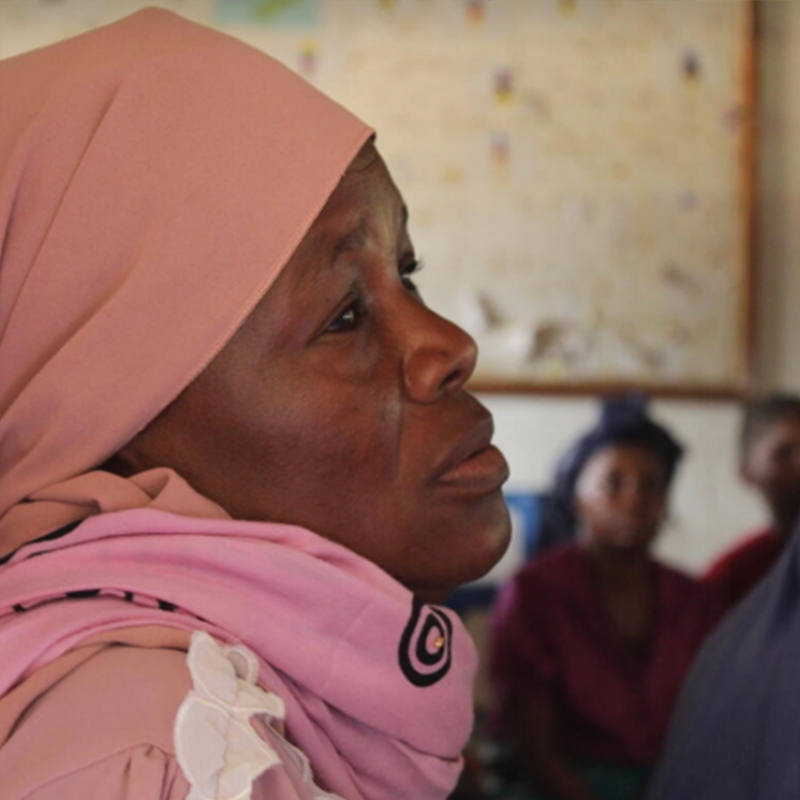
Protecting refugees’ rights is central to UNHCR’s mission. We ensure that those forced to flee are not returned to dangerous situations and that they have access to asylum, safety, and legal protection. UNHCR collaborates with governments to uphold international refugee law and helps establish policies that guarantee civil, social, and economic rights for displaced people. This includes the right to seek asylum, protection from discrimination, and access to justice. Through monitoring, training, and legal support, UNHCR promotes respect for refugee rights and helps build inclusive societies where displaced people can live with dignity and security.

UNHCR provides legal assistance to ensure refugees, stateless individuals, and internally displaced persons can assert their rights and obtain legal identity. This includes support for documentation, birth registration, and advice on legal processes. Without legal recognition, many displaced people cannot access services like education or health care. UNHCR works with national legal systems, offers legal aid through partners, and supports reforms that strengthen protection for refugees. We also help combat statelessness, advocating for nationality laws that prevent discrimination and ensure everyone has a legal identity. Our goal is to empower displaced people through justice and inclusion.
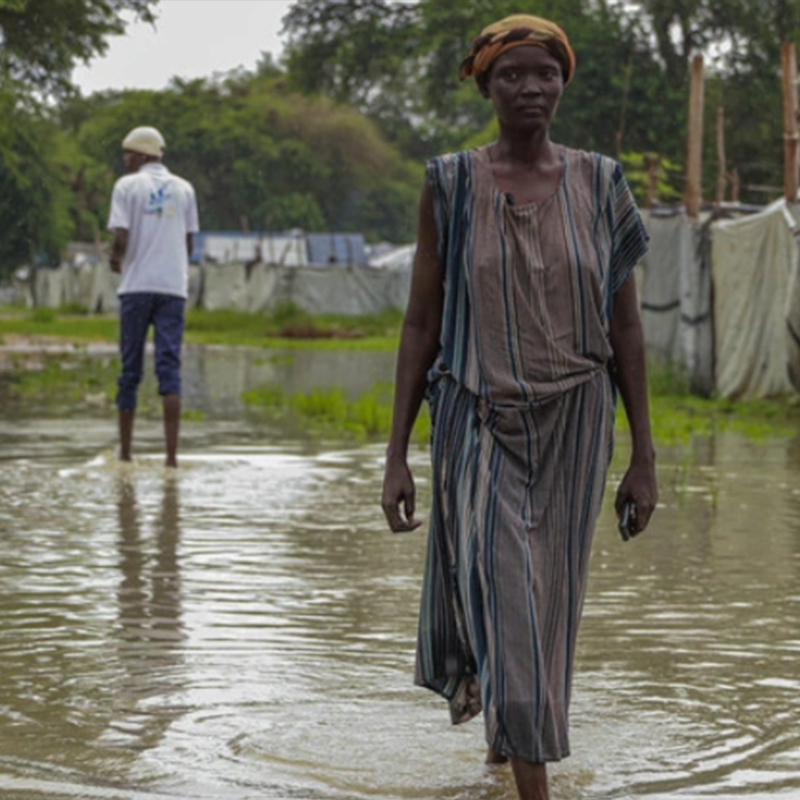
Education is a lifeline for displaced children and youth. UNHCR supports access to quality education by building classrooms, training teachers, and providing learning materials. We advocate for refugee inclusion in national education systems and offer scholarships, vocational training, and digital learning platforms. Education helps protect children from exploitation, restores a sense of normalcy, and builds hope for a better future. It’s also key to long-term solutions, empowering individuals with the skills needed to rebuild their lives. Despite challenges, UNHCR remains committed to making education accessible to every refugee child, no matter where they are.
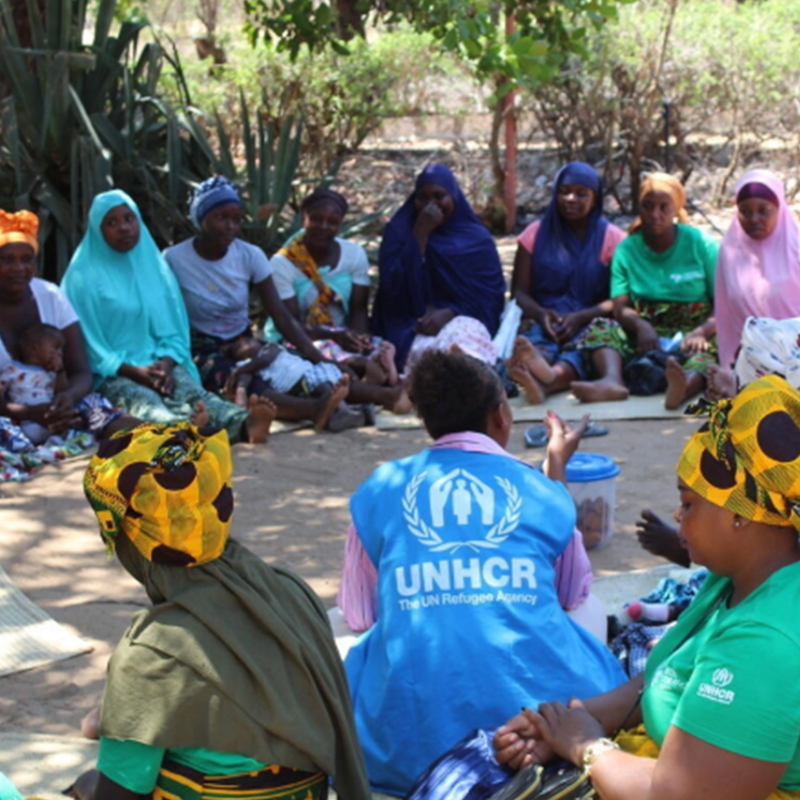
Livelihood support from UNHCR aims to build economic resilience among refugees and host communities. We provide training, micro-grants, and access to local job markets to help individuals generate income. By supporting entrepreneurship, vocational education, and financial literacy, we enable displaced people to support themselves and reduce reliance on humanitarian aid. UNHCR also partners with the private sector to connect refugees to sustainable work opportunities. These initiatives empower people to restore their dignity and contribute meaningfully to the communities where they live, ultimately supporting long-term integration and peacebuilding.
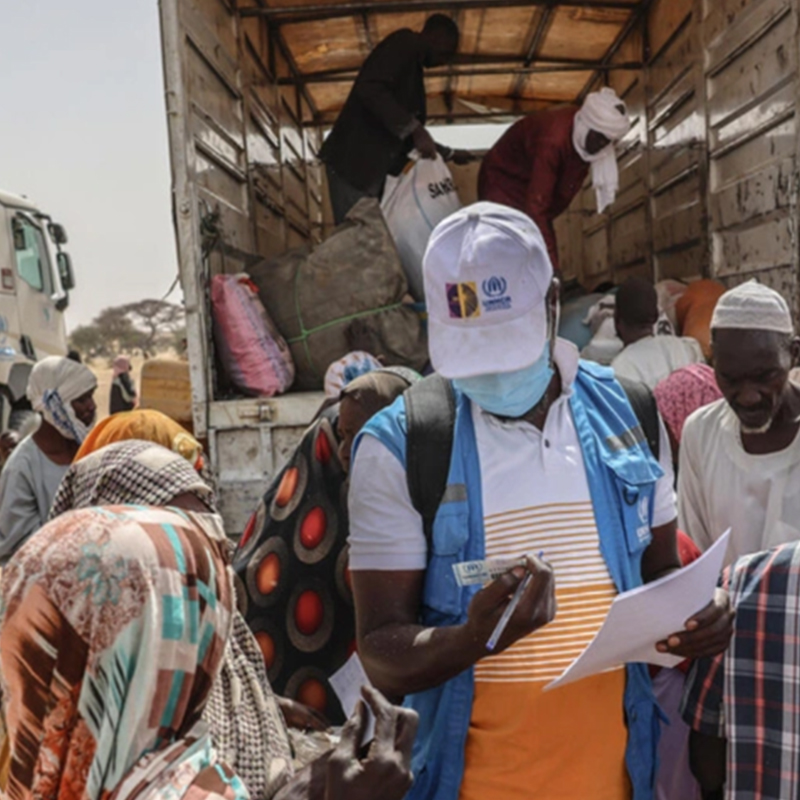
UNHCR promotes self-reliance by helping displaced people build independent and dignified lives. We support access to housing, education, employment, and health care—key areas for successful integration. Through partnerships with governments and NGOs, we create programs that reduce aid dependency and encourage skill-building. Refugees are encouraged to make their own decisions and actively participate in rebuilding their futures. From agricultural initiatives to digital job platforms, UNHCR’s self-reliance efforts are about unlocking potential and ensuring displaced populations contribute positively to host communities while preparing for long-term stability.
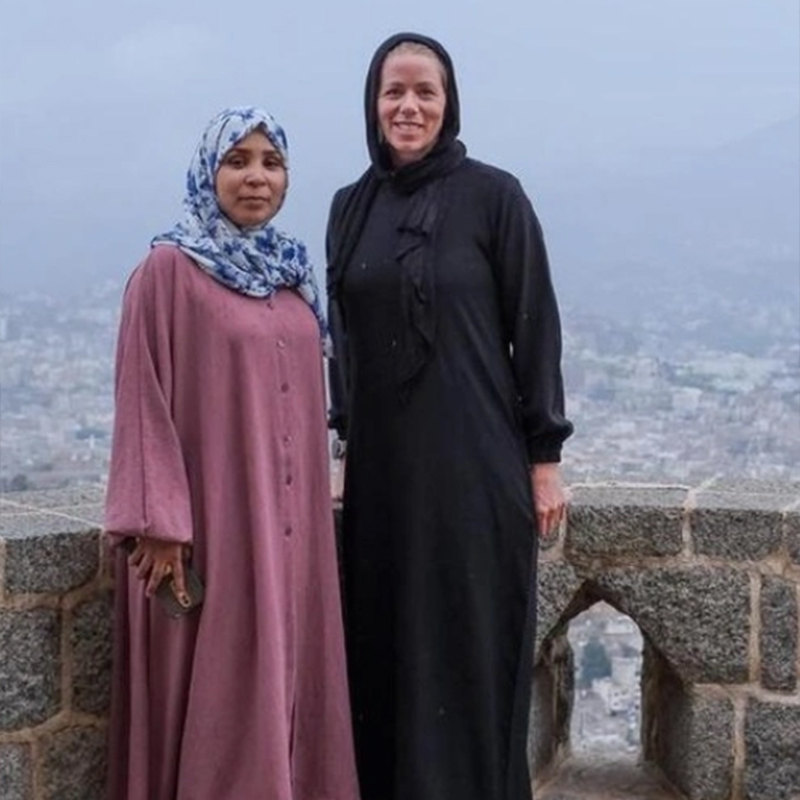
Community support is vital for fostering social cohesion between refugees and host communities. UNHCR engages both groups to promote mutual understanding, prevent conflict, and build resilience. We support community centers, health outreach programs, women's empowerment initiatives, and youth engagement activities. These programs address trauma, reduce isolation, and ensure that vulnerable people are not left behind. UNHCR also trains community leaders and strengthens local institutions to sustainably manage displacement challenges. Through inclusive planning and participatory approaches, we ensure communities are at the heart of humanitarian responses and empowered to shape their own futures.